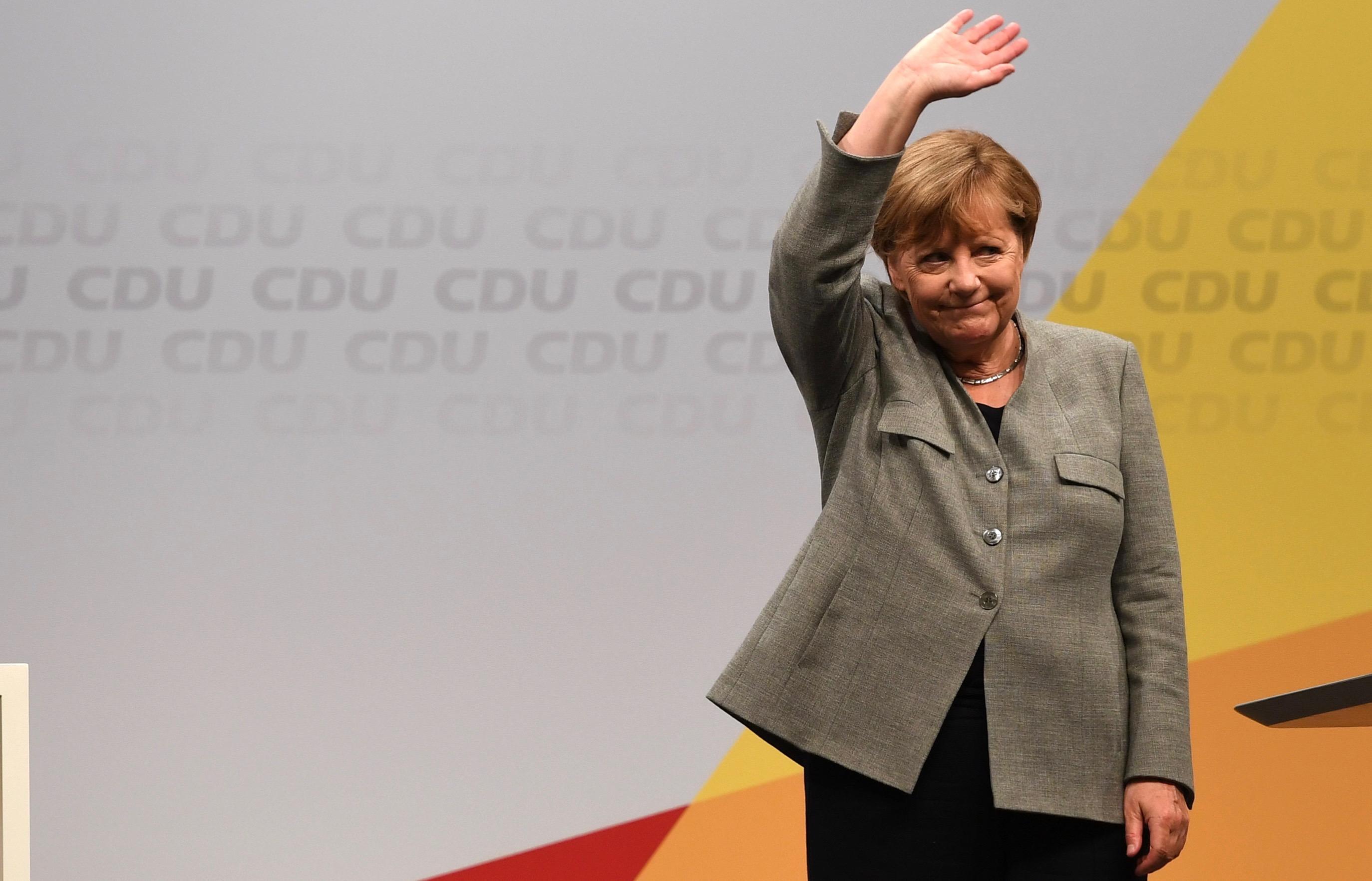The Atlantic Twin Tunnel Vision
archive


The Atlantic Twin Tunnel Vision
It can be summed up in one word: liberalism. As in liberal democracy, liberal economy, liberal values, liberal capitalism, liberal state, liberal international order. Liberalism is the common sense in the Atlantic twin, dominant in media and politics, the conventional wisdom from the New York Times to The Economist. The end of the cold war, Fukuyama pointed out, was the triumph of liberal democracy. In the US, even at the height of partisan divides, liberalism is a bipartisan ideology. Liberalism is a shared platform from London to Washington, from Chatham House to Foreign Affairs. It is so taken for granted, at times it isn't even mentioned. For the Atlantic twin democracy (as in ‘bringing democracy to the Middle East’) is short for liberal democracy.
Liberalism goes back to seventeenth century struggles in England against royal intrusions on private property. Its career ranges from John Locke and Adam Smith to JS Mill. Sometimes it is used in a narrow sense (trade policies), sometimes in a broad sense (human rights). Among strands of liberalism two enduring elements are individual rights and a limited role of the state. (Another component, the rule of law is not distinctive because it also exists in other forms of democracy.) The emphasis on individual rights means that social rights take a back seat. Liberal views on the state lean toward a minimal state. A limited state (except in security) has been a specialty of the Atlantic twin. In effect, a state that follows rather than leads corporations and produces conditions that JK Galbraith has characterized as “private wealth, public squalor.”
Liberalization and deregulation became the norm during the Thatcher and Reagan governments. Washington institutions exported liberalization and deregulation to developing countries and in the process produced lost decades in Africa and Latin America.
In the Atlantic twin, forty years of liberalization have produced Brexit and Trump. The neglect of social rights that liberals find normal has produced massive distortions in the US and UK. The Atlantic model has imploded in the Atlantic world. Forgot about the working class, poor regions left behind, gosh how could that have happened? Originally a philosophy against tyranny (against royal charters, state monopolies), cutting state power and liberalizing market forces fosters large corporations (lobbies and lawyers tweak regulation) and over time liberal capitalism becomes a corporate theme park. In the US healthcare is an obtuse labyrinth, drug prices go through the roof, an opioid crisis (helped along by pharmaceutical companies) has turned deadly and higher education comes with an ever higher sticker price. Corporate monopoly practices and tax avoidance that are restricted or outlawed in the EU (Apple, Google, Facebook, etc.) are normal in the US.
The Atlantic twin is permanently perplexed that their common sense isn't universal wisdom. When liberal democracy is under threat (rightwing populism on the rise), the call is to Angela Merkel to be the leader of liberalism, which overlooks that she leads a Christian Democratic party.

The emphasis on individual rights is unsuited to most of the world where social bonds and community ties are stronger than in the Atlantic twin. The tunnel vision of liberalism ignores social democracy and Christian democracy that are prevalent in continental Europe and Scandinavia. They are waved away under headings such as ‘rigidities of the labor market’. At times it is enough to say ‘the French’. This also ignores the way economies are organized in East Asia, Japan, Korea and Taiwan, in fact, in most of the world. The Atlantic twin is an outlier, which for historical reasons of hegemony has slipped into the role of rule maker. Since Atlantic media, publishers, and universities have outsize influence, the Atlantic tunnel vision has become a fixture of global confusion.
In Europe, liberal democratic parties are rightwing, pro-business minority parties (agenda: tax cuts) alongside other rightwing parties (agenda: anti-immigration). Because of their expansive social contract, an Achilles heel of social democracies is immigration. Also, the above is not to imply that some regulations in France and Italy aren’t due for repair.
At times liberal values are cast as ‘western values’. ‘Western’ is code language, too. When the US and UK want to look big they use the term western. Then they turn around and bash continental Europe for not being free market or Atlantic enough.
In the Atlantic twin, forty years of liberalization have produced Brexit and Trump. The neglect of social rights that liberals find normal has produced massive distortions in the US and UK.
For all the criticism of alternatives (state capitalism, dirigisme, etc.), the liberal state has difficulty to provide public goods, whether infrastructure, environmental or social protection. Because in the Atlantic twin there is no public platform to discuss social problems, people redirect social concerns to minorities, immigrants, ‘globalization’, ‘China’. Cornered by liberal democracy, institutions and politicians cannot address social inequality. The market is supposed to solve these issues and as it doesn’t, the best option is to change the subject. Progressives seek refuge in identity politics to scrounge some rights and dignity amid permissive capitalism. Conservatives respond in kind by claiming their identity in the form of xenophobic nationalism that is outdated in the twenty-first century. Social justice and social rights, which underlie many of their concerns, cannot come up, let alone be addressed in the framework of liberal democracy. Liberal democracy is not equipped to address social inequality (so-called distribution problems), not now and not in the future. The ideological fixation of liberal democracy is not likely to vanish either. Yet, now that it comes to managing industrial decline, technological change, climate change, refugees, and navigating contemporary globalization, active state policies are required; the free market fetish is a dead-end and social democracy, the erstwhile bogey, is actually one of the ways forward.



